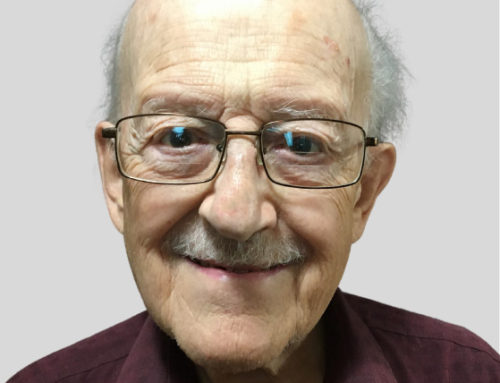I think I’ve figured out why our top judges are allowing physician-assisted suicide. It’s about restitution. Years ago, they took away our right to birth. Now, they’re making up for it by giving us a right to death. It’s the latest thing in restorative justice.
Oh, I suppose they could have made restitution by giving us back the right to birth, but that would have gone against legal precedent. Judges are loath to go against precedent, unless they want to. Alternatively, they’re committed to going with precedent, unless they don’t want to.
Of course, restitution wouldn’t have been necessary if they hadn’t taken away the right to birth in the first place. But judges need things to do to justify their big salaries. Nowadays, adding and subtracting rights is the thing to do. Judges are good at it, too. They’re especially good at adding to their own rights. I guess, like charity, justice begins at home.
You could also say that the judges are allowing assisted-suicide to re-balance our choices. Recent research indicates that we, not our mothers, trigger labour, in effect choosing when we leave the womb. But the judges denied us this choice when they struck down limits on abortion. I suspect that in the interests of balance, they affirmed our choice of when to die to offset their denial of our choice of when to be born.
Nowadays, adding and subtracting choices is likewise the thing to do, and judges are good at this also. As with rights, they’re especially good at adding to their own.
This, I realize, involves pretty deep thinking. Judges are a courageous lot, however. When it comes to thinking, they’re not the least bit afraid of venturing into the deep. Why, they’re not even afraid of going beyond their depth, and often do.
But whether in or out of their depth, they know how to keep us guessing. Maybe they figured out that keeping us guessing is the best way to attract our attention and get us to read their decisions.
The strategy works, too, as their ruling on assisted suicide has sure got the medical profession guessing. The doctors can’t decide whether the ruling also includes voluntary euthanasia. Some think it does; others aren’t sure.
They all recognize that the outcome is the same, but some doctors who are willing to write prescriptions don’t want to administer injections. With prescriptions, their work can be done once they write them; with injections, they have to hang around to see what happens. If there’s one thing doctors don’t like it’s hanging around.
To remove uncertainty, they want the federal government to clarify what the judges’ ruling includes. What I don’t understand is why they want the government to clarify it. The politicians didn’t write it. The judges did. Why don’t the doctors ask them what it means?
I thought the politicians wrote the laws and the judges interpreted them. I didn’t realize the politicians interpreted the rulings the judges wrote. If each interprets the others’ intentions, we could be witnessing a political-legal ping-pong match that never stops. The thinking behind this is so deep the judges and the politicians may both be out of their depth.
Or, maybe I’m the one who’s all wet. Silly me. I’ve always believed in judicial restraint, through which the appointed courts defer to the democratically elected legislatures as the source of law and public policy. I can’t get my mind around judicial activism, through which the non-elected judges create law, at least indirectly, make policy and risk doing so in line with what they personally want.
By and large, the trouble with judges is that they’re lawyers; the trouble with lawyers is that they attend law schools; the trouble with law schools is that they’ve rejected tested principles rooted in unchanging human nature in favour of untested preferences based on ever changing human expectations.
They say the Constitution, our most basic law, is a living tree. Hence, legal interpretations can evolve to deal with conditions that didn’t exist when the Constitution was born. It makes sense, too, but only if the interpretations are based on principles, not preferences.
Otherwise, the living tree concept reminds me of a retort John Diefenbaker loved to repeat when asked about opinion polls. “I don’t know about polls,” he would say, “but I know about dogs. And you know what dogs do to poles.”
Well, I don’t know about living trees, but I know about judges. And you know what judges do to the Constitution when they treat it like a living tree.



